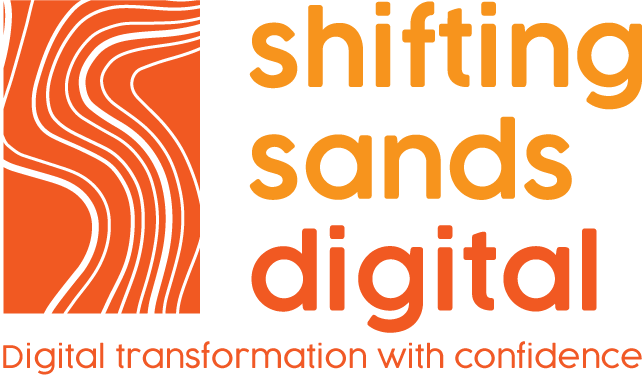Key Points
- The problem: Information manipulation is a global threat to election integrity and democracy, as it can undermine trust, polarise societies and weaken institutions
- The playbook: This playbook provides a three-step approach to help identify, respond to and build resilience to information manipulation around elections; it also explains the basics of information manipulation, such as actors, content, tactics and platforms
- The background: Information manipulation has evolved with the changes in the media and information ecosystem, such as the rise of social media, encryption, artificial intelligence and data surveillance; information manipulation also affects different groups of people differently and can have real-world consequences for security and violence
- The goal: The goal of this playbook is to enable and empower anyone who is dedicated to defending democracy to push back against information manipulation and protect the integrity of elections
- The common narratives used in information manipulation campaigns during elections, such as polarising and divisive content, de-legitimisation, suppression, hate and violence and premature election results are discussed
- Closed messaging platforms: These are platforms that allow users to communicate privately, such as WhatsApp, Telegram, or Signal; they pose challenges for monitoring and countering information manipulation, but there are some initiatives that use fact-checking and debunking methods within these platforms
- Platform teams and roles: These are the different teams within social media platforms that can be contacted or collaborated with to address information manipulation issues; they may have different functions, incentives, and interests and may not be present in every country or region
- Platform programs and partnerships: These are the programs and partnerships that social media platforms have established with civil society, media, and academia to provide insight, context, and resources for tackling information manipulation; they may vary depending on the country and the platform and may require assistance from INGOs or coalitions to access
- Platform policies and product features: These are the policies, product features, and technical or human interventions that social media platforms use to limit the spread of information manipulation on their services; they may differ depending on the type and functionality of the platform and may change over time
Visit Focus Topics (fakery) for the full playbook.

